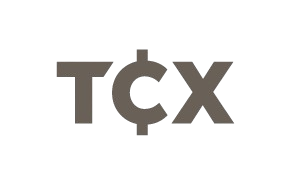Bosnia’s electoral commission has scheduled a presidential election in Republika Srpska for November, to replaced banned RS leader Milorad Dodik, who was removed for defying the international envoy, but refuses to step down. Dodik instead plans an October referendum on his position, deepening one of the country’s worst political crises since the 1990s war.
